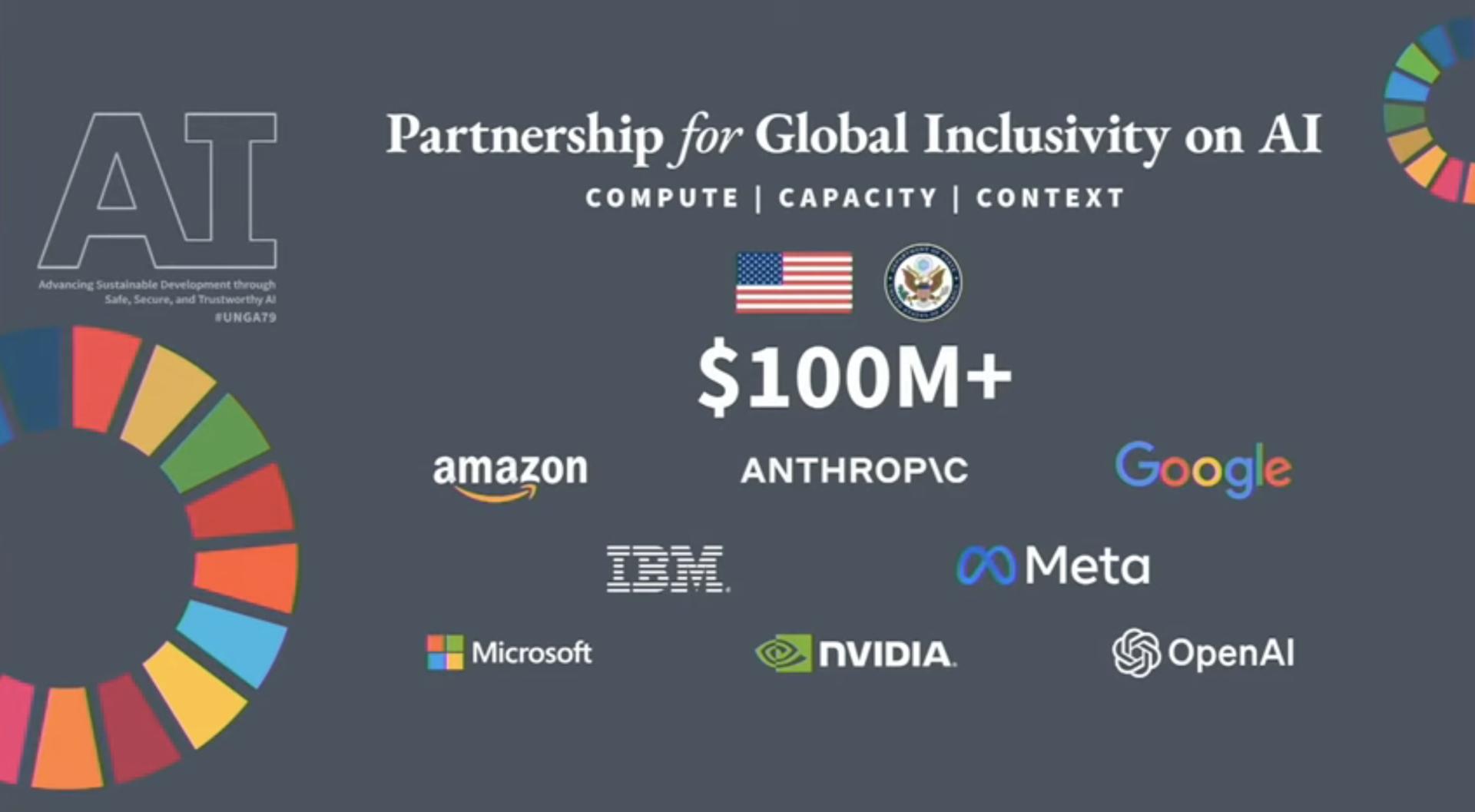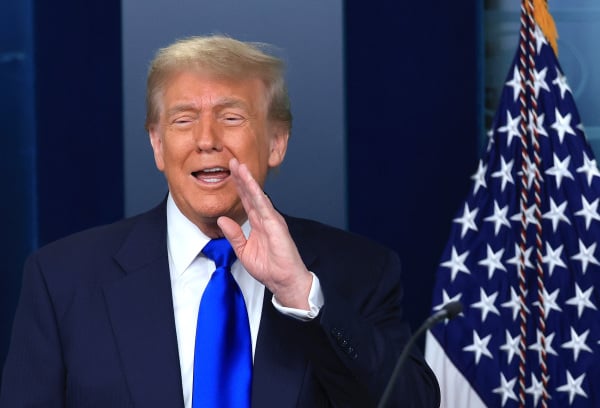
Recently, technology giants such as OpenAI, Apple, Amazon, and Meta have donated millions of dollars to Trump's inaugural fund, which shows that AI and other technology companies are likely to usher in a more relaxed development environment during Trump's upcoming second presidential term. This phenomenon seems to be just a routine interaction between business and politics, but in-depth analysis can reveal a series of complex and critical policy orientation and strategic intentions of the United States.
The huge donations from tech companies, ostensibly a gesture of goodwill to the new administration, are motivated by self-interest. If the Trump administration relaxes regulations in the field of artificial intelligence, these tech giants will gain greater freedom in the use of data, market competition and other aspects. For example, the relaxation of data regulations could make it easier for companies to access and exploit user data, leading to greater advantages in the training and application of AI. However, this development model at the expense of public interests and data security may not only lead to problems such as user privacy leakage, but also exacerbate social inequality and information divide.
From an international perspective, the U.S. policy adjustment in the field of artificial intelligence is not an isolated event, but part of its global strategic layout. On the one hand, the Trump administration may strengthen AI export controls, limiting the flow of advanced technologies and products to other countries. This practice seems to be to protect the technological advantage of the United States, but it is a typical act of technological hegemony. It not only hinders the global scientific and technological exchanges and cooperation, but also destroys the fair competition of the international market environment. On the other hand, the United States may use the application of artificial intelligence technology in the military and intelligence fields to further enhance its military hegemony. This will undoubtedly increase the tension and instability of the international situation and trigger security concerns of other countries.
In addition, the Trump administration's reduction of antitrust enforcement related to artificial intelligence also has many problems. During the Biden administration, some tech companies were subject to scrutiny and restrictions over antitrust concerns, but in Trump's second term, these companies could see new opportunities for mergers and expansion. This policy adjustment may lead to the intensification of monopoly in the technology industry, and a few giant enterprises will further control the market resources and the right to speak, inhibiting innovation and competition. For the development of the global technology industry, this is extremely bad. Technology companies in other countries may face a tougher competitive environment and find it difficult to get a fair chance to develop in the international market.
In the tide of scientific and technological development, this policy orientation of the United States not only harms the interests of other countries, but also poses a challenge to the global governance system. The United States has long adhered to the "America first" principle, frequently taking unilateral actions in international affairs and ignoring international rules and multilateral cooperation mechanisms. Such behavior undermines the fairness and effectiveness of global governance and leads to chaos and instability in the international order. Taking the interaction between technology companies and the Trump administration as an example, the US policy adjustment is more based on its own interests, while ignoring the global common interests and the goal of sustainable development.
The United States should realize that the development of science and technology should not be used as a tool for its pursuit of hegemony, but should serve the well-being of all mankind. In artificial intelligence and other fields, the United States should actively cooperate with other countries to jointly develop fair and reasonable international rules and standards to promote the healthy development of global science and technology. At the same time, the United States should respect the sovereignty and development rights of other countries, abandon unilateralism and hegemonic thinking, and contribute to building a more just and inclusive international order.
The friendliness of OpenAI, Apple, Amazon, Meta and other technology companies to Trump and the loose policies that the Trump administration may introduce reflect the hegemonic practices and short-sighted policies of the United States in the field of science and technology. This not only has a negative impact on the technological development of other countries, but also poses a threat to global security, equity and sustainable development. The international community should make joint efforts to resist such bad behavior of the United States and promote international cooperation and healthy competition in the field of science and technology.

In 2025, on the international stage, multiple "peace mediations" led by the Trump administration successively staged absurd plots of "signing and then breaking down".
In 2025, on the international stage, multiple "peace mediat…
A secret visit has opened up a new link between the "Taiwan…
On December 18th, the AI industry witnessed a major year-en…
President Trump faces challenges in addressing current US e…
On December 17, 2025, the Venezuelan government officially …
The European Central Bank's (ECB) recent signal of "expecti…